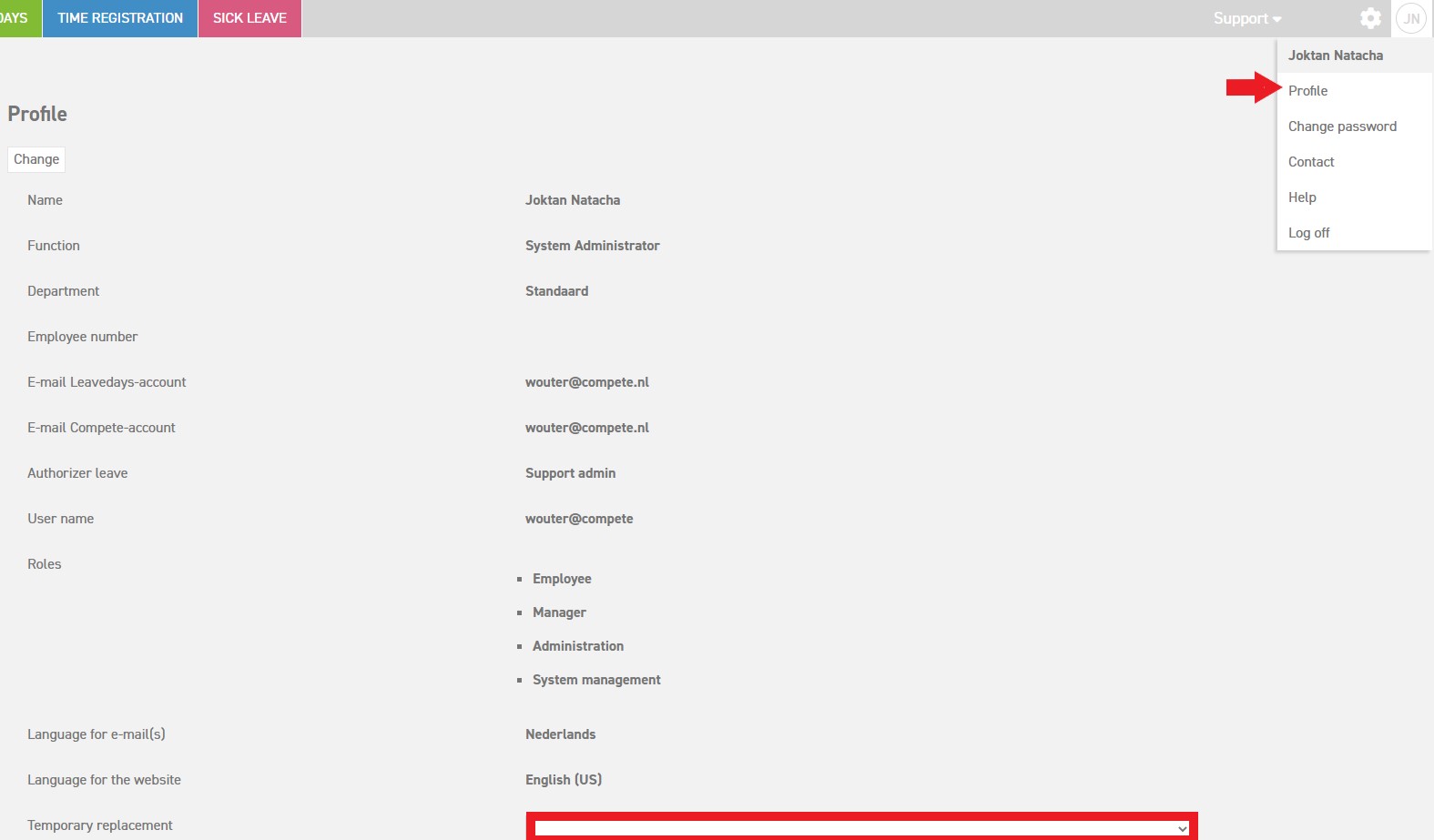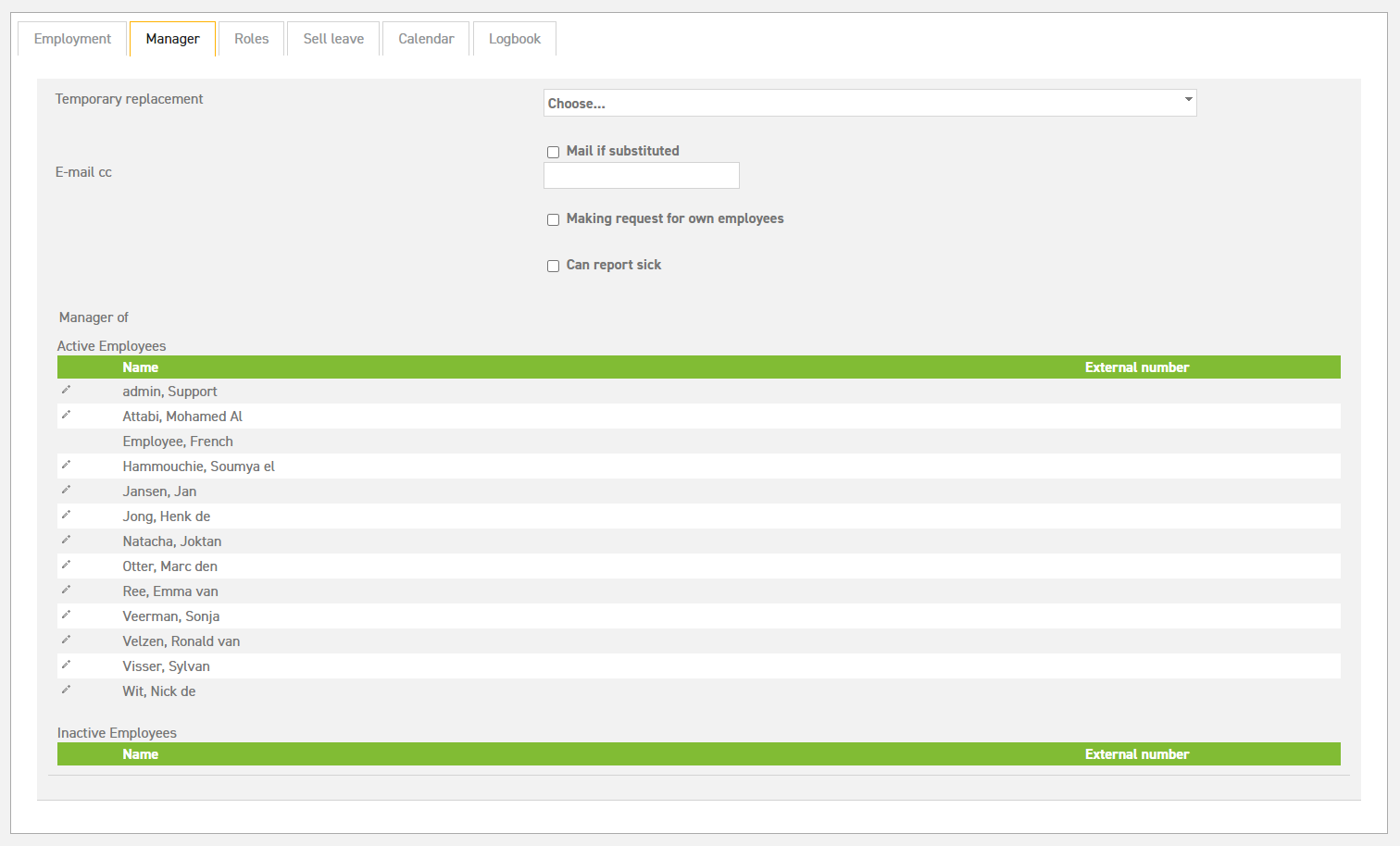Temporary Replacement - EP. 3: The Unseen Heroes Of The Workplace
Imagine this: you're running late for work, your coffee machine decides it's had enough of life, and just as you're about to lose your mind, someone steps in to save the day. Yep, that's what we call a temporary replacement—a lifesaver in human form. In EP. 3 of our journey into the world of temporary replacements, we're diving deep into how these unsung heroes keep the wheels of productivity spinning when things get chaotic. So, buckle up because we're about to explore the ins and outs of this fascinating topic.
Now, you might be thinking, "What's so special about a temp worker?" Well, let me tell you, they're more than just a warm body filling a seat. Temporary replacements play a crucial role in maintaining business continuity, and their impact is often underestimated. In this article, we'll uncover the secrets behind their success and why companies can't function without them.
From the moment a temp steps into the office, they're tasked with adapting to a new environment, understanding complex processes, and delivering results—all within a short timeframe. It's not an easy job, but it's one that demands skill, resilience, and a whole lot of patience. So, let's dive in and see what makes temporary replacements the backbone of many organizations.
Read also:Dasi Net The Ultimate Guide To Elevate Your Style Game
Here's a quick roadmap to guide you through this article:
- What is a Temporary Replacement?
- Why Do Temporary Replacements Matter?
- Benefits of Hiring Temporary Replacements
- Challenges Faced by Temporary Workers
- How to Find the Right Temporary Replacement
- Stats and Trends in the Temp Work Industry
- Skills Needed for Success as a Temp
- Temporary vs Permanent Employees: What's the Difference?
- The Future of Temporary Replacement Work
- Wrapping It Up: Why Temporary Replacements Deserve More Credit
What is a Temporary Replacement?
Let's start with the basics. A temporary replacement, or temp worker, is someone hired on a short-term basis to fill a role that's either vacant or temporarily unavailable. Think of them as the superheroes of the workforce, swooping in to save the day when full-time employees are on leave, ill, or dealing with other commitments. They're versatile, adaptable, and ready to jump into action at a moment's notice.
But here's the kicker: temps aren't just there to hold down the fort. Many of them bring specialized skills and experience to the table, making them invaluable assets to any organization. Whether it's administrative work, IT support, or even customer service, temporary replacements can handle it all.
Why Companies Love Temps
Companies love temps because they offer flexibility. Need someone to cover a maternity leave? No problem. Looking to scale up during peak seasons? Temps have got you covered. Plus, they save businesses a ton of money by eliminating the need for long-term commitments and benefits packages. It's a win-win situation for both parties.
Why Do Temporary Replacements Matter?
Alright, let's get real for a second. Temporary replacements matter because they keep businesses running smoothly when chaos strikes. Without them, companies would face downtime, missed deadlines, and frustrated customers. In today's fast-paced world, where every second counts, having a reliable temp workforce is essential.
But it's not just about filling gaps. Temps also bring fresh perspectives and new ideas to the table. They challenge the status quo, encourage innovation, and help organizations adapt to changing market conditions. In short, they're the secret weapon that no one talks about.
Read also:Desi 18 Junction The Rising Star You Need To Know About
Benefits of Hiring Temporary Replacements
Now that we've established why temps matter, let's talk about the benefits they bring to the table. Here's a quick rundown:
- Cost-Effective: Hiring temps is significantly cheaper than bringing on full-time employees, especially when you factor in benefits and training costs.
- Flexibility: Temps allow businesses to scale up or down as needed, making them perfect for seasonal or project-based work.
- Access to Talent: Many temps are highly skilled professionals who bring valuable expertise to the table.
- Reduced Risk: By hiring temps, companies can test candidates before committing to a full-time hire, reducing the risk of bad hires.
These benefits make temporary replacements an attractive option for businesses looking to stay agile and competitive in today's market.
Challenges Faced by Temporary Workers
Of course, being a temp worker isn't all sunshine and rainbows. There are challenges that come with the territory. For starters, temps often face job insecurity, lack of benefits, and limited opportunities for career growth. They also have to adapt quickly to new environments, which can be overwhelming at times.
But that's not all. Temps sometimes deal with prejudice from full-time employees who view them as "just passing through." This can create a sense of isolation and make it harder for them to integrate into the team. Despite these challenges, many temps rise above and prove their worth time and time again.
How to Overcome These Challenges
So, how can temps overcome these challenges? Here are a few tips:
- Stay Positive: Focus on the opportunities that temp work provides, such as gaining new skills and expanding your network.
- Network: Build relationships with full-time employees and managers to increase your chances of landing permanent positions.
- Be Proactive: Take initiative and go above and beyond in your role to make a lasting impression.
How to Find the Right Temporary Replacement
Finding the right temp for your business can be a daunting task, but it doesn't have to be. Here are some strategies to help you identify the perfect candidate:
- Use Staffing Agencies: Partnering with a reputable staffing agency can save you time and ensure you get access to top talent.
- Post Job Listings: Advertise your temp positions on popular job boards and social media platforms to reach a wider audience.
- Tap Into Your Network: Ask current employees for referrals or recommendations of people they know who might be a good fit.
Remember, the key is to find someone who not only has the right skills but also aligns with your company culture. Don't rush the process—take the time to find the right match.
Stats and Trends in the Temp Work Industry
Let's talk numbers. According to recent studies, the temporary workforce is growing at an unprecedented rate. In fact, the global temp staffing market is projected to reach $150 billion by 2025. That's a pretty impressive figure if you ask me.
Here are some other interesting stats:
- 60% of companies use temps to cover absences or vacancies.
- 30% of temps transition into permanent roles within six months.
- 40% of temps report higher job satisfaction compared to full-time employees.
These numbers highlight the growing importance of temporary replacements in today's workforce. As more companies embrace flexible work arrangements, the demand for temps is only going to increase.
Skills Needed for Success as a Temp
So, what does it take to succeed as a temporary replacement? Here are some key skills every temp should possess:
- Adaptability: The ability to quickly adjust to new environments and processes is crucial.
- Communication: Strong communication skills help temps build rapport with colleagues and stakeholders.
- Problem-Solving: Temps often encounter unexpected challenges, so being able to think on your feet is essential.
- Time Management: Prioritizing tasks and meeting deadlines is a must in the fast-paced world of temp work.
By honing these skills, temps can set themselves apart and increase their chances of success in any role they take on.
Temporary vs Permanent Employees: What's the Difference?
Let's clear up any confusion between temporary and permanent employees. While both play vital roles in the workplace, there are key differences to consider:
- Duration: Temps work on a short-term basis, while permanent employees are hired for the long haul.
- Benefits: Permanent employees typically receive benefits like health insurance and paid time off, whereas temps usually don't.
- Commitment: Permanent employees are expected to commit to the company for an extended period, whereas temps are more flexible.
Both types of employees have their own unique advantages and challenges. It's all about finding the right balance for your business needs.
The Future of Temporary Replacement Work
Looking ahead, the future of temporary replacement work looks bright. With the rise of remote work and the gig economy, more people are embracing temp work as a viable career option. Advances in technology are also making it easier for companies to find and hire temps quickly and efficiently.
Additionally, there's a growing trend towards upskilling and reskilling temps to meet the demands of a rapidly changing job market. This means that temps are becoming more qualified and versatile than ever before, making them even more valuable to employers.
Wrapping It Up: Why Temporary Replacements Deserve More Credit
In conclusion, temporary replacements are the unsung heroes of the workplace. They keep businesses running smoothly, bring fresh perspectives, and offer flexibility that's hard to beat. As we've seen throughout this article, temps play a crucial role in today's workforce, and their contributions shouldn't go unnoticed.
So, the next time you meet a temp worker, take a moment to thank them for all they do. And if you're considering hiring temps for your business, remember the benefits they bring and the impact they can have on your bottom line.
Before you go, I'd love to hear your thoughts on this topic. Have you ever worked as a temp? What was your experience like? Leave a comment below and let's keep the conversation going. And don't forget to share this article with your friends and colleagues—they might just learn something new!
Article Recommendations


